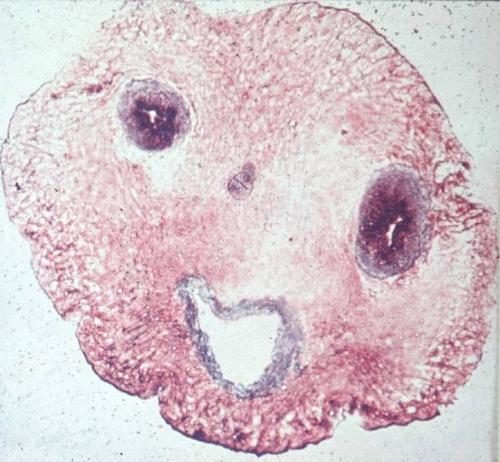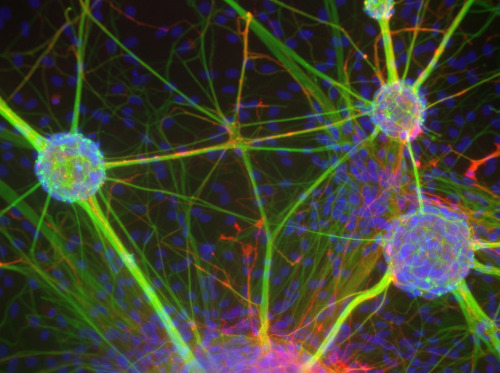Об эхинацеи читаем на http://blisstree.com/feel/echinacea-doesnt-cure-colds/ :
Trying to cure your pre-Christmas cold with all-natural Echinacea? A new study suggests that the so-called wonder herb, that’s been purported to prevent colds, may not be a miracle worker after all. It seems the herb, which is a wild flower found in the Midwestern plains, doesn’t have much impact on the duration or strength of colds.
The study followed more than 700 cold sufferers, and found that people who took Echinacea saw around a 10% reduction in the duration of their cold. That ends up being about seven to ten fewer hours, which is not, according to lead researcher Bruce Barrett, considered a medically significant decrease.
But Barrett advised that people who’ve experienced Echinacea’s healing properties should continue taking it, since the study isn’t absolutely conclusive. Besides, if you think it’s helping, than there’s no harm in trying, right?
О гинкго - на http://www.science20.com/news_articles/ginkgo_biloba_has_no_impact_cognitive_decline:
Ginkgo biloba, popularly consumed for its supposedly positive effect on memory, has no such effect, according to new research published in the December 23/30 issue of JAMA. In the study, older adults who used the herbal supplement for several years did not have a slower rate of cognitive decline compared to adults who received placebo .
"Ginkgo biloba is marketed widely and used with the hope of improving, preventing, or delaying cognitive impairment associated with aging and neurodegenerative disorders such as Alzheimer disease," the authors write. "Indeed, in the United States and particularly in Europe, G biloba is perhaps the most widely used herbal treatment consumed specifically to prevent age-related cognitive decline." However, evidence from large clinical trials regarding its effect on long-term cognitive functioning is lacking.
Beth E. Snitz, Ph.D., of the University of Pittsburgh, and colleagues analyzed outcomes from the Ginkgo Evaluation of Memory (GEM) study to determine if G biloba slowed the rate of cognitive decline in older adults who had normal cognition or mild cognitive impairment (MCI) at the beginning of the study.
The GEM study previously found that G biloba was not effective in reducing the incidence of Alzheimer dementia or dementia overall. The randomized, double-blind, placebo-controlled clinical trial included 3,069 community-dwelling participants, ages 72 to 96 years, who received a twice-daily dose of 120-mg extract of G biloba (n = 1,545) or identical-appearing placebo (n = 1,524). The study was conducted at six academic medical centers in the United States between 2000 and 2008, with a median (midpoint) follow-up of 6.1 years. Change in cognition was assessed by various tests and measures.
In this study, the largest randomized controlled trial of G biloba to report on outcomes to date, the researchers found no evidence for an effect of G biloba on global cognitive change and no evidence of effect on specific cognitive domains of memory, language, attention, visuospatial abilities and executive functions. They also found no evidence for differences in treatment effects by age, sex, race, education or baseline cognitive status (MCI vs. normal cognition).
"In sum, we find no evidence that G biloba slows the rate of cognitive decline in older adults. These findings are consistent with previous smaller studies examining prevention of decline and facilitation of cognitive performance and with the 2009 Cochrane review of G biloba for dementia and cognitive impairment."
Citation: Beth E. Snitz, Ellen S., Michelle C. Carlson, Alice M. Arnold, Diane G. Ives, Stephen R. Rapp, Judith Saxton, Oscar L. Lopez, Leslie O. Dunn, Kaycee M. Sink, Steven T. DeKosky, 'Ginkgo biloba for Preventing Cognitive Decline in Older Adults', JAMA, 2009, 302(24), 2663-2670
25.12.2010
Эхинацея и гинкго - почти плацебо?
Подписаться на:
Комментарии к сообщению (Atom)











0 +:
Dí lo que piensas...